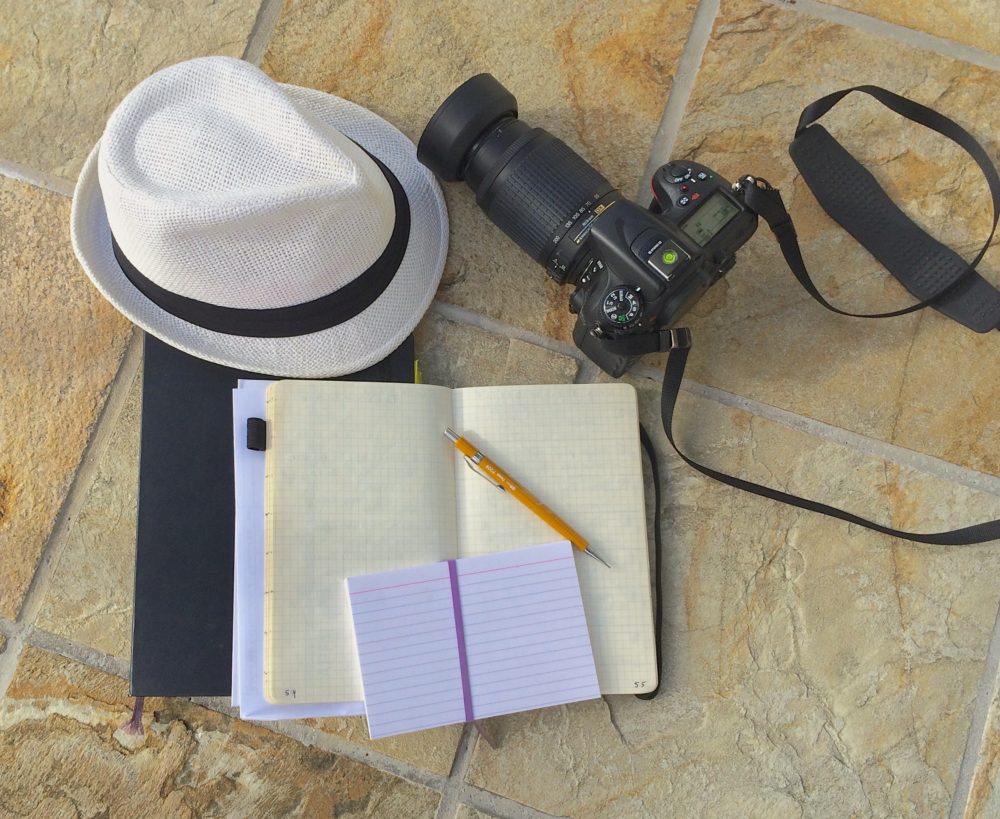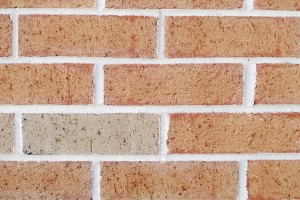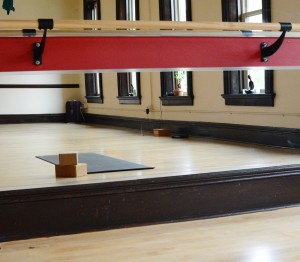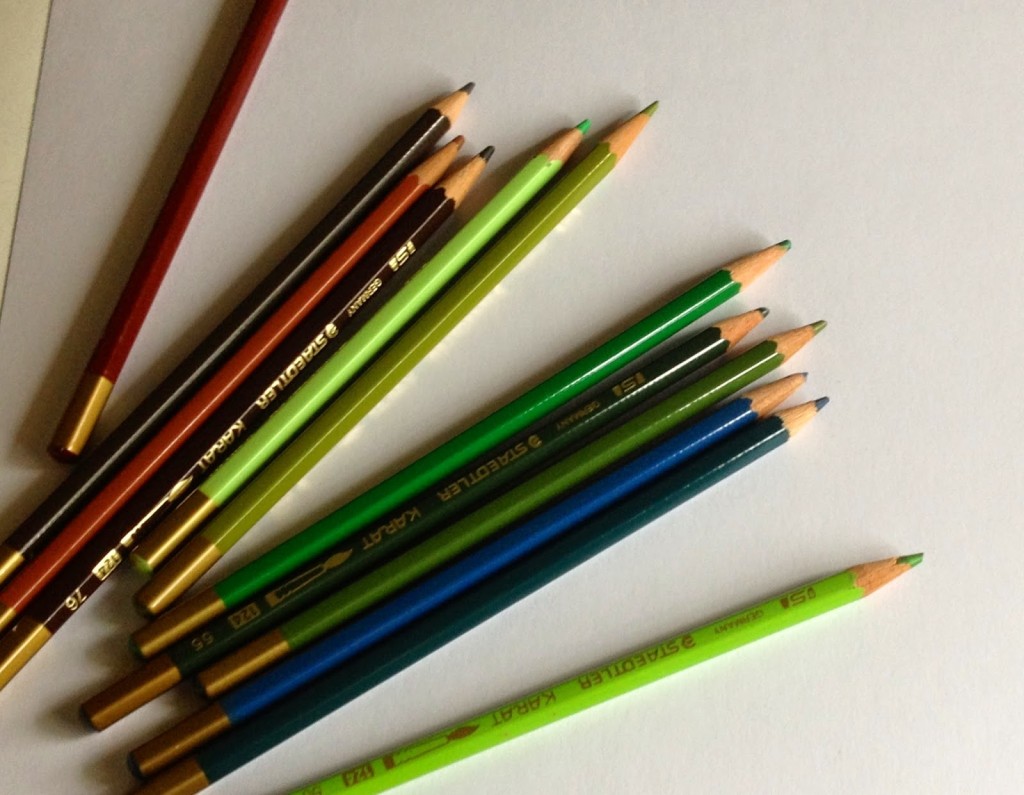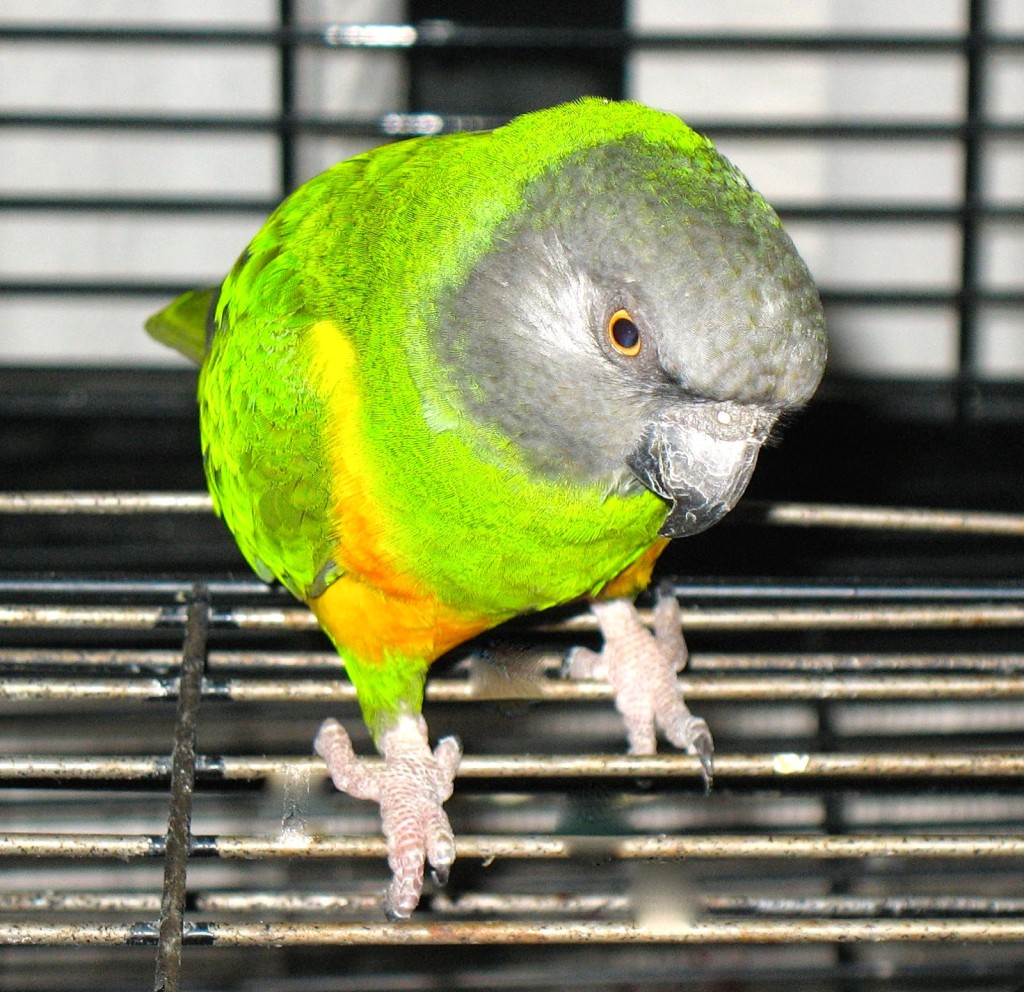Resistance is different than procrastination, but often they are linked. Why do we put off projects, activities, phone calls, meetings, purchases, cleaning, laundry, exercise and a million other to-dos that will make our live easier, more organized and less stressful? Resistance. For individuals with ADD/ADHD what looks like procrastination is often linked to resistance. We may be discomforted by some aspect of the task, or have had poor experiences that we don’t want to repeat. Sometimes resistance for ADD/ADHD individuals is linked to sensory issues that are associated with the task, or past frustrations with tasks. Figuring out what you are resisting is one way to end procrastination and move forward. Resistance can create very serious physical problems, particularly when it comes to things like health checkups and screenings, dental care, exercise, and self-care.
Here are five tips to help you get past resistance.
- Step back from criticizing yourself about not doing whatever it is you are not doing. Ask yourself “why am I avoiding this task/event/work?” Make a list of the reasons for your avoidance, in a non-judgmental way. Do not discount any reason that occurs to you, no matter how trivial the reason seems. Be honest. Remember that there always has to be a reason: “I just don’t feel like it” is not a reason, there is always a deeper reason. Sensory sensitivities, a major component of ADD/ADHD are often at the root of resistance. Sounds, smells, and sensory overload associated with tasks and events can trigger resistance and procrastination.
- Look at the list from step one. Ask yourself “What can I fix?” Be realistic here, if that six in the morning spin class is not working because it is too early, find a later one. If you can fix the issues, fix them. Is the mega-grocery store overwhelming? Find a smaller store or shop on-line. Be creative.
- Pay attention to the seasons in your life. Are you dealing with aging parents, young children, teens, transitions, health issues, etc. ? Maybe now is the time to drop activities that do not fit. Often resistance is your mind/body telling you that now is not the time for an activity. Be careful here. Do not stop self-care activities like exercise and time for creative acts. Stop doing things that are not contributing to your well-being. Learn to say no to things that do not feed your soul.
- If the task is something you can’t let go of, like laundry, bills, or cleaning. Can someone else do the task for you? If you can afford it pay someone to do the tasks you hate. If you are in relationship consider working together, and each of you do the task the other hates, or do the tasks together so they don’t take as long. Sometimes resistance is really resentment masquerading as resistance.
- Do not be afraid to experiment. Resistance to change for ADD/ADHD individuals has much to do with our need for routine which I wrote about here. If you are still resistant, start again with step one, it often takes time to get to the real reason for resistance.
I hope these tips help. The next time you find yourself resisting, take the time to figure out why. It can make a very big difference in your mental and physical health.
